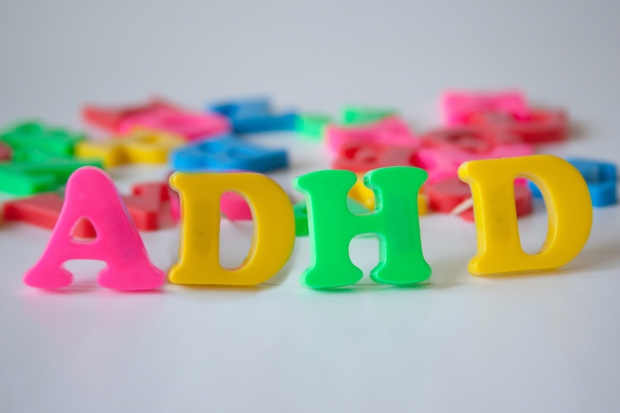‘Excuse me, sir. Seeing as how the VP is such a VIP, shouldn’t we keep the PC on the QT? ’Cause if it leaks to the VC he could end up MIA, and then we’d all be put out in KP.’
How I cheered when Airman Adrian Cronauer mocked Lt Steven Hauk’s fondness for acronyms in Good Morning, Vietnam. Using jargon is an act of unconscionable self-indulgence. It is designed to make the user feel superior while saying not much, and Adrian, played by the late Robin Williams, spoke for millions of cheesed-off employees when he attacked it.
Jargon, acronyms and corporate-speak — all too common in offices — should be banned from schools. But to my horror (I am a teacher in an east London state school) over the decade I’ve been teaching, I’ve seen all sorts of horrible acronyms become common in both the staffroom and the classroom.
SEN, Progress 8, value added, IEP, EBD, FSM, ADD, ADHD, flight paths, EP and EAL. Unless you’ve studied the weird new education language, you haven’t a hope of understanding what teachers — or other people in the education business — are on about, and I sometimes think this is the point. It means baffled parents, who don’t know an FSM from an IEP, can’t hold teachers to account. It’s a far cry from the government’s expressed aim of empowering parents and giving them choice.
But there’s another, more alarming problem with jargon in education. It means complex problems are pigeonholed and oversimplified and, in the process, misdiagnosed. Take attention deficit hyperactivity disorder (ADHD). If this isn’t a case of the concept leading the response, I don’t know what is. Teachers, teaching assistants (TAs) and pastoral staff are forever stuffing children into the box marked ADHD. We tell the parents, who call the doctor, who prescribes the drugs. But children can be inattentive for a hundred more complicated reasons. If ADHD weren’t available as a catch-all diagnosis, we’d have to try harder to understand each child.
English as an additional language (EAL) is another concept that drives practice. In my experience, many so-called EAL pupils speak excellent English, but now that there’s a handy label, teachers are forever applying it to pupils. Once you’re EAL, you’ll be forced to have an IEP (individual education plan) and if you fall a bit below your designated FP (flight path) you could end up in the humiliating SEN (special educational needs) category.
Just the existence of the phrase ‘flight path’ in schools is dangerous; it creates the false impression that pupils progress in a linear fashion. This can have unforeseen and deeply troubling consequences. If a pupil’s making EP (expected progress) in, say, chemistry, or, better still, EP+1 (better progress than EP), he’s on or above his designated FP (which is based on KS2 data — exhausting, isn’t it?). When a teacher sees ‘EP+1’ he knows he no longer has to push the pupil. EP+1 means the child has exceeded his target. That he may be capable of getting an A grade becomes largely irrelevant. If his FP states an expected C, and the pupil received a B, the teacher has ‘added value’ and the school’s statistics have benefited. So why push him any further? According to the law of the jargon it’s unnecessary. Everyone’s happy, aren’t they?
No they’re not. I’ve seen more than one instance of a pupil deciding, two years down the line, that he wants to aim higher. He wants to train as a doctor, say, but he can’t because he needed that A in chemistry — and nobody pushed him. Management-speak and fancy-sounding acronyms create a world of false targets, when the real target should be the needs and desires of children.
My personal favourite is the word ‘innovation’. Schools, in particular their ‘senior leaders’, have become obsessed with innovation. They demand innovation constantly, for the sake of innovating — so as to be seen to be ‘thinking outside the box’. This means they alter anything and everything on a whim. In my last school, the length of the school day, the lesson times and the lunch break were all changed for no reason, just so as to innovate. You can imagine the chaos and confusion.
Once again, my school was responding to a fashion rather than the needs of the children. The jargon has become a tyranny rather than a tool. This must change. Oh for Airman Adrian Cronauer to teach us all to speak English again.






Comments